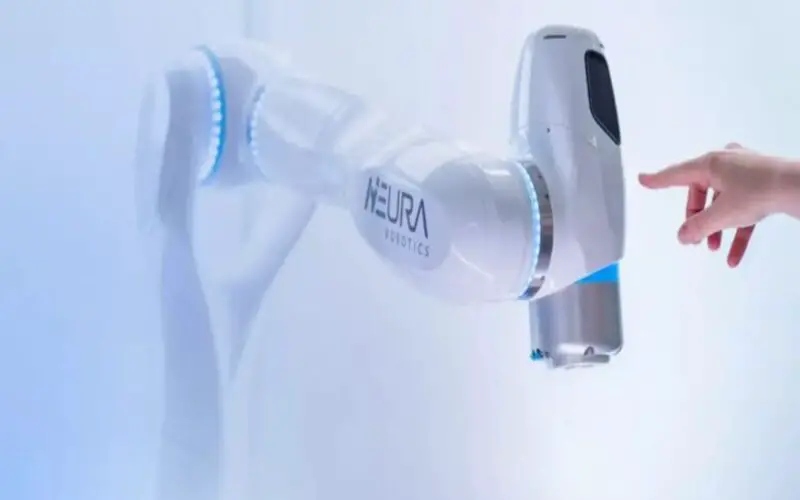The AI and robotics business NEURA Robotics GmbH, located in Germany, said on Tuesday that it had raised $16 million (or around €15.1 million) from American private equity firm InterAlpen Partners. The announcement follows a recent $55 million investment round with European investors.
According to NEURA, the cash will be used to promote the company’s growth and entry into the US market, enabling it to speed up research, improve products, enlarge the workforce, and broaden its customer base.
InterAlpen Partners, a private equity company with offices in Omaha, Nebraska, and Denver, Colorado, provided the funding for Neura NEURA’s most recent investment.
“NEURA Robotics represents one of the most compelling companies we’ve seen in our careers,” says Stephen George, founder of InterAlpen. Their goal of using robots to improve humans is quite similar to InterAlpen’s goal of having a lasting influence.
George continues in the developing field of collaborative robotics: “We think that NEURA will become a worldwide industry leader because of the fantastic products and alliances that the team has established.
InterAlpen aims to collaborate with business owners and family investment offices to invest in and build category-leading businesses throughout the expansion stage. The company manages over $450 million in cash from its third fund and focuses on growing innovation for solid investment returns and long-term impact.
A desire to revolutionize the robotics industry
NEURA Robotics, a company founded in 2019, has created collaborative robots (cobots) with cutting-edge sensory capabilities, allowing them to see, hear, and feel touch. These robots use reflexive sensory processing to enable autonomous and anticipatory behavior.
According to the business, these cobots are being developed to work alongside people in various fields and settings. NEURA is developing the first multipurpose humanoid robot to help with the labor problem.
According to NEURA CEO David Reger, the company will be the market leader in cognitive robots in three years.
The business created MAiRA, the first cognitive cobot in the world that combines AI with robotics and is capable of operating independently and interacting with people.
NEURA’s inventions provide unparalleled flexibility and cost-effective automation for the manufacturing, hospitality, and elder care industries. CEO David Reger said, “Having an American investor on board creates the perfect conditions for our US market launch in 2024.”
“We’re happy to work with InterAlpen, especially since Stephen George is a true investor-entrepreneur. He saw the next big thing early on and was an early investor in companies including Tesla, SpaceX, Twitter, and Epic Systems.
InterAlpen is confident that cutting-edge AI with top-notch German hardware will transform robotics and the planet.
Growth in the US
NEURA is deliberately growing into the US to take advantage of the fact that it is the largest robotics market in the world, with projected sales of $7.7 billion in 2023.
The global robotics industry is expected to expand gradually, reaching a market size of $45 billion by 2028. This development is consistent with the industry’s projected expansion.
The cobot product line from NEURA includes the intelligent assistants MAiRA and MAiRA Jr. for manufacturing and laboratories and MAV, an autonomous vehicle for indoor navigation. LARA, a versatile robotic assistant that combines industrial performance with an intuitive user experience, and MiPA, a multipurpose outfitted with industry-leading sensors and AI for secure human interaction and task automation.

